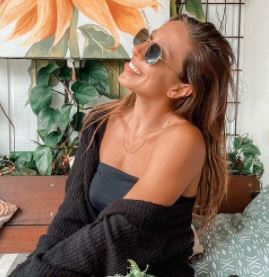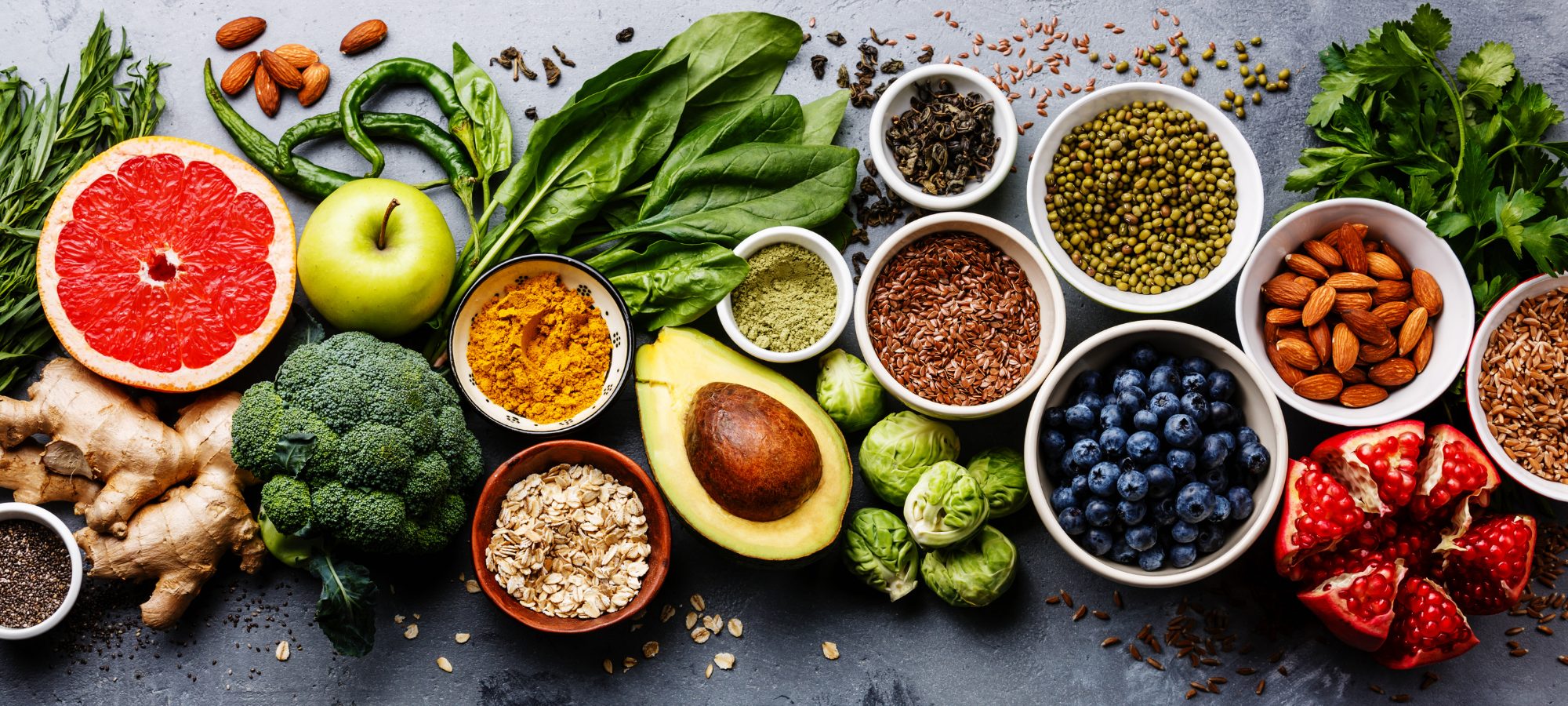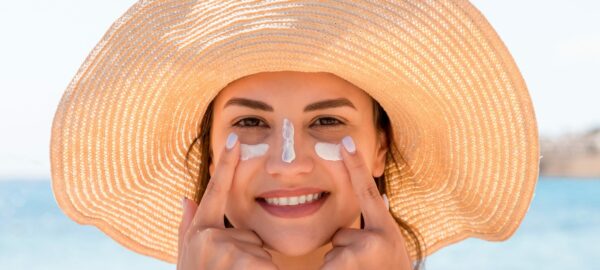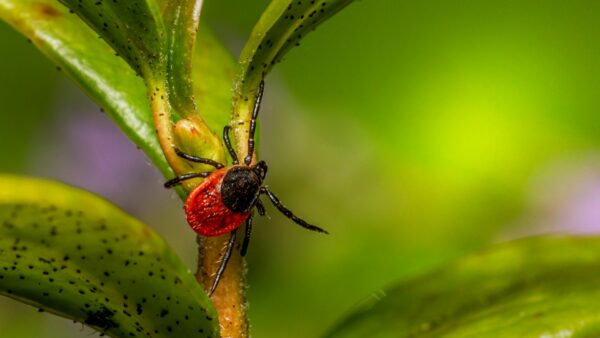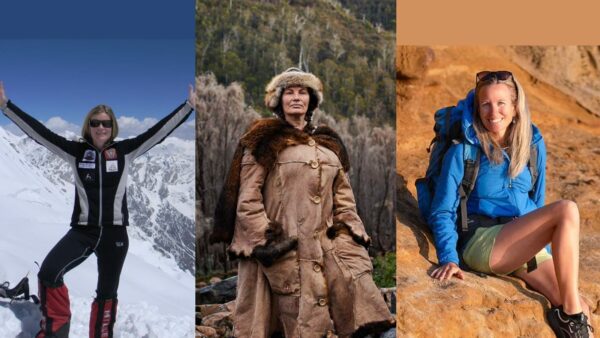When it comes to nutrition, there’s a whole lot of information out there about what we ‘should’ and ‘shouldn’t’ be eating. There are so many new fads, fashions, and food trends popping up and it can be hard to keep up.
We spoke to nutrition scientist, dietitian, author and presenter Dr Joanna McMillan and asked her: “What should we really be eating?” The good news? It’s way easier than you think!
What does healthy eating look like for the average person?
There’s two things that are really, really key and important. First of all, eating mostly whole foods – so cutting out the ultra-processed junk foods and things that are made in factories and laboratories. You’re getting further away from the way food appeared in nature, and the further away you go, the less healthy that food’s going to end up being. Cutting out the crap is one of the most important things to do.
The second is eating lots of whole plant foods. That doesn’t mean plant protein powders. That’s not a whole food, that’s a processed food. It means eating whole plant foods in their form.
There’s a lot of ways we can put our diet together. You can have a diet that’s got lots of veggies and fresh fruit, and lean grass-fed meats and game meats, and seafoods and call yourself ‘paleo’. Or you can choose to add lentils, and beans, and tofu, and tempeh and call yourself a ‘vegan’. The more varied your diet is and the more different sources of protein, whole carbohydrates with the fiber intact, and veggies and fruit you include, generally the better and the healthier your diet will be. It’s more likely you will get the nutrients and the protective chemicals you need while not getting too much of any one thing.
What would you say is the most common mistake people make when it comes to healthy eating?
Thinking you need particular supplements, or detox programs, or protein powders.
Protein powders are, at the end of the day, a highly processed food. Do you really need extra protein? Even if you’re a vegan, you can meet your protein requirements relatively easily by including whole foods.
Question the motives of what someone is selling you. Most often, we don’t need a lot of foods that are packaged up… and they can be quite expensive! And remember, human beings have eaten whole foods forever. We don’t really need some of these modern, expensive and highly processed products to get a healthy diet.
The trouble with the way our media is organised now is that when you like something on Facebook or Instagram, you essentially then get more of that same kind of information. If you do one search on keto, all of a sudden you’ll be getting blog posts, products, YouTube videos – everything promoting a ketogenic diet. It’s very easy to then read all that information and be totally sold. You don’t have the training to be able to go: “Hang on a minute, I have to look at the bigger picture. I have to look at the body as a whole. What else needs to be considered?”
Don’t get caught up in a particular approach without understanding the big picture.
What should we bear in mind when we’re at the supermarket?
When I’m teaching people about how to put together a meal, I think about the foundations of a healthy diet. I use my Dr Joanna Plate – you can find a full breakdown of Dr Joanna’s plate here
- Half the plate is veggies, or it might include some fruit.
- Then, you’ve got slightly less than a quarter of your plate as a protein source. That might be meat, or seafood, or it might be a vegetarian source of protein like beans, lentils, tofu.
- Then, less than a quarter of a plate is your smart carbs – your starchy veggies, whole grains, or legumes.
- The last little slice of the plate is for your healthy fats.
What is important for people to remember when they’re out at the supermarket?
If I’m buying foods for the week, I want half my trolley to be full of fresh fruit and veggies. I want to include my smart carbs, but it shouldn’t be white bread. It should be things like wholegrain black rice or brown rice, whole grain pasta, or a nice wholegrain sourdough bread. Then I want to think: “What are my protein sources?” I think of my balance across the course of the week. Perhaps you’ll have meal with beef and one meal with pork, chicken or other poultry. Then you may have fish and I might have a vegetarian source of protein for one night.
The small amount of the trolley can be for whatever you may fancy… whether it’s a Tim Tam or a glass of wine. If you’re following a mainstream kind of diet there’s a little bit of room for those little extras.
Think: “How much stuff have you got that’s in plastic or packaging and extra stuff that’s highly processed? How many things have I got that are really whole foods that are going to make up the bulk of my meals?”
If you get your trolley balance right, it’s much easier to have the right stuff in the kitchen at home and it makes it easier to create healthier meals.
What piece of advice do you have for women aged over 35?
As we get older, I think women get more sensible. I think we are more willing to put those silly fads behind. I think women start realising – particularly women who have dieted and followed every silly thing in their 20s – it’s not just about having a body that looks good in a bikini on the beach. We become more sensible about what we need to be doing that’s good for our health. There are a lot of people who are very skinny who are not healthy at all. And there’s lots of people who might be in a larger body but have a very healthy diet and a very healthy lifestyle. Women start recognising that the way I eat affects my energy levels, the way I’m ageing, my skin, my gut health, my sleep.
The other thing for many women post-35 is dealing with family life and cooking for others. I get frustrated when women tell me cooking is such a chore and a bore but then I realise they’re cooking one meal for them and they’re cooking a separate meal for their husbands and then they’re cooking a different meal for their kids. No wonder it’s a chore! I encourage women at that stage of life to be able to go: “Let’s have family meals and talk about what’s sensible for us all to be eating in a healthy way.” Food is about more than the nutrients it contains, it’s also about pleasure, having a good relationship with food and your body and modelling that to the next generation coming through.
What to eat (in a nutshell)
- Cut out the ultra-processed foods that don’t resemble what appears in nature.
- Eat lots of whole foods (mostly whole plant foods).
- Keep it simple. You don’t necessarily need supplements or protein powders to be healthy.
- Don’t believe everything you read online. Make sure you get your advice from experts.
- Follow Dr. Joanna’s plate model (load up on veggies and fruit, add protein, smart carbs and healthy fats).
- Enjoy yummy treats in moderation.
You can find out more about healthy eating on Dr Joanna McMillian’s website here.
Looking for nutritious and delicious recipe inspo? Find some in our Wild Women Community! Also, check out our amazing recipes!


